 As we recently delved into the second half of this 16-month KA2 project, we are pleased to present more in detail the aims and objectives of the project BE SMART, BE TOLERANT! to which we have collaborated as partners for the last months. The BEST project is coordinated by ASOCIATIA SMART EDUCATIONAL PROJECTS from Romania in collaboration with European Network for Training and Skills from Spain, DOREA EDUCATIONAL INSTITUTE WTF from Cyprus and ELA. The reasons that led to the implementation of this project start from the fact that around 85% of Europeans see fake news as a problem for their country. Moreover, 83% of Europeans see fake news as a problem for democracy as well since false claims can trigger political changes, create biased opinions based on uninformed sources and therefore confusion and tensions in society. These sorts of messages tend to use people’s prejudices as weapons and usually tackle sensitive issues such as religion, racial and ethnic topics or more in general subjects that resort to emotions and fear to seem credible. Young people are especially exposed to fake news since they spend a great amount of time on the Internet and on social media. The aim of the BEST project is therefore to offer an innovative training tool that can improve young people’s critical thinking skills and their motivation to become active citizens and fight fake news as a common European value. This goal can be achieved by working on improving the competencies of youth workers in recognizing and fighting fake news. For this reason the BEST project envisioned two Learning Activities that have been attended by 3 people from each partner country. The first Learning Activity was held in Limassol, Cyprus in July, hosted by DOREA, and the second in Bologna between October and November, hosted by ELA. Moreover, a Guide has been created by all partner countries, each chapter tackling a different subject such as Active Citizenship in the Digital Age (DOREA), Disinformation by Distorting in the Age of Big Data and Social Networks (SEP), Gamification and Non Formal Methods for Youth Work (ELA) and finally 4 animated videos created by our Spanish partners on the above mentioned topics. The project's intellectual output will therefore be the BEST kit, consisting in the Guide and the 4 animated videos. The kit will be used for developing the competencies of young people and youth workers to be more conscious about the possible consequences of the phenomenon of fake news in our lives and to learn to stop its spreading.
The next steps of this project will involve 60 young people with fewer opportunities (15 per partner country) and 40 youth workers (10 per partner organization) that will be selected for taking part in 3 workshops where the Guide and animated videos will be tested. The results of the project will then be disseminated within 4 multiplier events. We are thrilled to be part of this project and we look forward to the implementation of the next steps so stay tuned for more information on how to stop the spreading of fake news! Since the world of childhood and preschool education is in constant development, preschool teachers must keep up with the new trends and stay updated on what is more relevant. This training course for preschool teachers will be a point of departure for analysing the main principles, characteristics and benefits of the best preschool methods.
The new edition of the course “The best for preschool teachers” took place in Palermo from 11/12/2023 to 15/12/2023. The participants came from the IES Eskurtze BHI in Spain, with the teachers Leire, Leonor, Miguel and their students Jon, Eneritz, Alba, Maitena, Ane, Adarrosa, Xena, June, Malen, Iraide, Lierni, Haizea and Daniela. The course started with some ice-breaking practical activities, sharing expectations, contributions and fears about the training course and discussing the best approaches related to preschool teaching. The main topic of this first part of the course was certainly presenting the Italian model for preschool education, describing the different preschool sections, time and routine and how children with special needs are integrated. In this way, the participants also had the opportunity to make a confrontation between their educational system with the Italian one. Indeed, participants learned and explored different Italian preschool methods, starting with the the Montessori method, a philosophy and pedagogy developed by Maria Montessori in the early 19th century. To better understand this approach, we also visited the Istituto Internazionale M. Montessori, a local kindergarten where participants could analyse practically the main characteristics of the Montessori method. During the week we visited another local preschool, the Istituto Minutoli, which has the goal of stimulating the children's growth and qualifying their time at school, through a detailed selection of contents, materials, spaces and experiences. We also had the opportunity to visit their nursery, which has an innovative pedagogical identity and a marked environmental sensitivity. During the week participants discovered other Italian preschool approaches, like non-formal education: we started to describe the differences between formal, informal and, in fact, non-formal education. To better understand this method, some activities and games were enforced: we examined the different stages of structuring non-formal education and we practised how to manage debriefing through questions aimed at encouraging students' reflection. Another relevant preschool approach is outdoor education: participants examined its main principles and benefits, underlining the value of outdoor learning for personal, social and relational development starting at a young age. They worked in group activities to better understand the various dangers of this type of method, discussing how to prevent these risks. Finally, we explored the principles and approaches of the Reggio Emilia education method: participants had the chance to learn more about the history, the materials, the projects and the experiences, which make the Reggio Emilia approach unique in the world. Indeed, this method is highly considered for its child-centred, inquiry-based, and collaborative strategy for learning. At the end of the week, participants have collected beautiful memories and experiences to take home. We particularly wish students good luck in their future teaching careers! Discover more about this course here. The primary goal of the course is to equip educators with innovative strategies, methodologies, and best practices aimed at fostering a truly inclusive educational environment. Through the exploration of core principles this course aims to empower educators to create supportive and inclusive spaces that cater to diverse learning needs, ensuring every student feels valued, understood, and engaged in their educational journey. The new edition of the course “Special needs and inclusive education, the Italian experience of overcoming segregation” took place in Bologna from 10/12/2023 to 16/12/2023. The participants came from all across Europe, with Evangelia Manou, Petroula Mermigki, Panagiotis Panagiotou, Eleni Komninou, Georgios Vakalis, Ioannis Thimakis from EEEEK Argolidas (Special Secondary School) in Greece. The training program centered on the fundamental aspects of inclusion within educational settings: empathy, cooperation, and membership. Empathy, recognized as the cornerstone of meaningful relationships among teachers, students, and families, involved embracing diverse perspectives without judgment and effectively acknowledging and validating others' emotions. Creating these connections, particularly with students requiring specialized attention, emerged as a pivotal aspect in fostering an inclusive and supportive learning environment.
Membership, defined as the sense of belonging to a community, emphasized the importance of breaking down barriers and nurturing an atmosphere of mutual understanding, tolerance, and respect. Cultivating an environment where individuals feel valued for their contributions significantly enhances the overall learning experience by fostering a culture of inclusivity and support. Additionally, the exploration of cooperation, particularly concerning partnerships with families, played a vital role in supporting students with special needs. Teachers assumed a crucial role as facilitators, guiding both students and parents by providing insights, resources, and effective strategies to optimize the learning journey. The course also critically examined the "Italian Model" of inclusive education, a standout example that avoids segregating special schools, instead prioritizing integration within a unified educational system supported by specialized educators and resources. Significantly, the networking opportunities among participating educators served as invaluable moments of knowledge exchange, enabling the sharing of diverse perspectives, pedagogical models, and innovative methodologies, ultimately contributing to mutual enrichment and professional growth. Furthermore, the training offered participants an opportunity to acquire new tools, delve into alternative models, and critically assess existing strategies. This encouraged a reflective approach aimed at continuous improvement in inclusive educational practices. In conclusion, profound appreciation was extended to all the committed participants whose dedication and collaborative efforts enriched the course significantly. The hope prevails to reconvene in the future, fostering continued learning, innovation, and collaboration in the realm of inclusive education! Discover more about this course here. This training course aims to reflect and examine different approaches, methods and best techniques to encourage inclusion in the classroom, since it is an important goal to reach in every type of school. The keywords of this training are empathy, membership, and cooperation, as characterising factors of inclusive education.The new edition of the course “Special needs and inclusive education, the Italian experience of overcoming segregation” took place in Palermo from 26/11/2023 to 02/12/2023. The participants came from all across Europe, with Rita and Rūta from Gymnasium of President Antanas Smetona in Lithuania, Livia from Ammattiopisto Live in Finland, and participants coming from two different Spanish schools: Raquel, María Paz and Josefina from Escuela Oficial de Idiomas de Valladolid; Elena and Aberto from Verge de Cortes.We introduced the course talking about inclusive education from different perspectives, focusing on their various benefits, but we also defined the terms of exclusion, segregation and integration to see the differences of meaning between them. |
|
To help learning, we used games, quizzes, readings, real-life simulations, and other activities for assessments.
The participants embraced speaking challenges with courage. During breaks, they talked with each other in English, sharing insights about their new findings and discussing the plans for the afternoon cultural and networking activities. It was a productive week with improvements in their English skills. We hope they keep this positive attitude in their future English studies and enjoy the multicultural environment they created in just one week.
Discover more about this course here.
Learning to enjoy nature has a big impact on how preschoolers think, behave, and feel. This is especially important because kids who spend time outdoors are more likely to care about the environment and our planet. Outdoor education is a new way of teaching that helps with giving good education and making people aware of how crucial it is to protect our planet from climate change.
The new edition of the course “Outdoor education for preschool teachers” took place in Tenerife from 25/11/2023 to 1/12/2023. The participants came from all across Europe, with Guðrún Edda Hannibalsdóttir and Brigitte Bjarnasson from preschool Álfheimar in Iceland, Zornica Tasheva- DR, Silviya Marinova- DR and Galya Zaharieva- SR from Kindergarten Detelina, Vrachesh in Bulgaria, Antonella Amerio and Cinzia Brignone from Istituto Comprensivo Cuneo Oltrestura in Italy, Kommunalområde barnehager from Åsa Camilla Söderstedt Jeanette Gulbrandsen in Norway, Stefania Carboni, Melania Rosita and Consuelo Sartorio from I.C. via Maffi in Italy.
Beginning with the definition of Outdoor Education, we examined the advantages it offers, and participants had the opportunity to talk about their own experiences with teaching in natural settings. Since this course was designed for preschool teachers, attendees also gained insights into the Canarian education system and presented information about their schools to compare various methods and approaches. |
Another segment of the course centered on engaging in activities within a natural setting at nearby Beaches. The participants highly valued the tested games, which sparked inspiration for them to envision and design their own outdoor activities, tailored to meet the needs of their students.
Participants also gained insights into the significance of preplanning outdoor spaces by familiarizing themselves with the chosen area beforehand to mitigate risks. They had the opportunity to put this into practice in an outdoor setting, identifying key areas such as play zones, potential hazards, and areas for rest. This hands-on experience equipped them with valuable knowledge to organize safe outdoor activities for their students. A visit to a nearby outdoor kindergarten further provided participants with a practical example of efficient outdoor learning, allowing them to observe children engaging with both each other and nature.
The final segment of the course focused on acquiring green skills and integrating them into teaching practices. Participants received theoretical insights on climate change and received tips and tricks on effectively introducing the topic to young children. The session included various games that can be easily incorporated into teaching methods.
Throughout the course, participants had the opportunity to delve into a wide array of activities that they can replicate with their students, emphasizing that learning extends beyond the confines of a traditional classroom setting.
Discover more about this course here.
We're all aware of the challenge: blending education and fun isn't always straightforward. Yet, employing innovative teaching methods can truly make a significant difference, especially with our youngest learners. It's crucial to find ways to engage and inspire them through playful learning. Fortunately, a plethora of tools is now available for preschool settings - project-based learning, socio-emotional learning, outdoor activities, and creative games are among the array of options at our disposal!
The course "Innovative Teaching Methods for Preschool Educators" was held in Bologna from November 26th to December 2nd, 2023. Four participants from Sweden represented two distinct schools: Lina and Caroline from Södra förskoleområde Gävle, and Åsa and Maria from Luleå Kommun Förskola.
The course "Innovative Teaching Methods for Preschool Educators" was held in Bologna from November 26th to December 2nd, 2023. Four participants from Sweden represented two distinct schools: Lina and Caroline from Södra förskoleområde Gävle, and Åsa and Maria from Luleå Kommun Förskola.
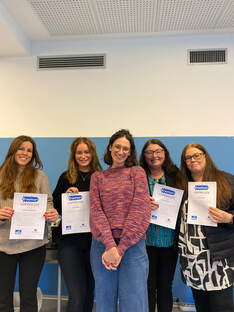
An Erasmus experience thrives on the exchange of cultures and best practices. Hence, we commenced our training with presentations from each participating school. The participants shared visual materials, videos, and their most successful methodologies with the rest of the group.
During our first day, we delved into the Italian preschool system and heard presentations about each other's schools. We also discussed the broad concept of innovation in education and brainstormed the week's agenda, covering topics like Socio-Emotional Learning, Outdoor Education, Project-Based Learning, and creative skills—exploring existing knowledge and identifying areas for further exploration.
Day two centered on children's emotions and emotional learning. Through different reflections and activities we tried to find ways to talk about emotions with children, fostering a more inclusive and empathic classroom. We discovered that feelings are colourful and can be represented in many creative ways. Lastly, we discussed the importance of emotional learning and the impact it can have on our lifes.
The third day was dedicated to Outdoor Education at Villa Ghigi. Recognizing the limitations of discussing Outdoor Education within classroom walls, we had a joyous visit. The benefits of Outdoor Education became evident through numerous games and activities—boosting motivation, creativity, and enhancing psychophysical well-being through nature exposure, thereby reducing stress.
Day four introduced us to Project-Based Learning (PBL)! This innovative method allows students to engage deeply with content by exploring real-world issues based on a central question. By dissecting the principles of PBL, participants discovered how teamwork, collaboration, and creativity aid young students in addressing real-world problems strategically from the outset, with guidance from their teachers.
Lastly, we delved into the potency of creativity through challenging activities, encouraging the class to think outside the norm!
By the end of the course, the team spirit was palpable, making it tough to bid farewell. Yet, we found a wonderful way to express gratitude to each other. The group left eager to implement the myriad of ideas spawned during the course back in their respective countries. It marked the end of an inspiring week, but the beginning of implementing newfound knowledge and strategies.
Discover more about this course here.
During our first day, we delved into the Italian preschool system and heard presentations about each other's schools. We also discussed the broad concept of innovation in education and brainstormed the week's agenda, covering topics like Socio-Emotional Learning, Outdoor Education, Project-Based Learning, and creative skills—exploring existing knowledge and identifying areas for further exploration.
Day two centered on children's emotions and emotional learning. Through different reflections and activities we tried to find ways to talk about emotions with children, fostering a more inclusive and empathic classroom. We discovered that feelings are colourful and can be represented in many creative ways. Lastly, we discussed the importance of emotional learning and the impact it can have on our lifes.
The third day was dedicated to Outdoor Education at Villa Ghigi. Recognizing the limitations of discussing Outdoor Education within classroom walls, we had a joyous visit. The benefits of Outdoor Education became evident through numerous games and activities—boosting motivation, creativity, and enhancing psychophysical well-being through nature exposure, thereby reducing stress.
Day four introduced us to Project-Based Learning (PBL)! This innovative method allows students to engage deeply with content by exploring real-world issues based on a central question. By dissecting the principles of PBL, participants discovered how teamwork, collaboration, and creativity aid young students in addressing real-world problems strategically from the outset, with guidance from their teachers.
Lastly, we delved into the potency of creativity through challenging activities, encouraging the class to think outside the norm!
By the end of the course, the team spirit was palpable, making it tough to bid farewell. Yet, we found a wonderful way to express gratitude to each other. The group left eager to implement the myriad of ideas spawned during the course back in their respective countries. It marked the end of an inspiring week, but the beginning of implementing newfound knowledge and strategies.
Discover more about this course here.
Welcome to the ELA Blog. Here you will find articles and photos of our courses and have a look at the topics addressed during the week in Bologna, Palermo and Tenerife. You will also have the chance to take a peek at our projects and check out what we have been up to.
Archives
July 2024
June 2024
May 2024
April 2024
March 2024
February 2024
January 2024
December 2023
November 2023
October 2023
September 2023
August 2023
July 2023
June 2023
May 2023
April 2023
March 2023
February 2023
January 2023
December 2022
November 2022
October 2022
September 2022
August 2022
July 2022
June 2022
May 2022
April 2022
March 2022
February 2022
December 2021
November 2021
October 2021
September 2021
August 2021
July 2021
June 2021
 English
English български
български Čeština
Čeština Español
Español Français
Français ελληνικά
ελληνικά Italiano
Italiano Polski
Polski Português
Português Română
Română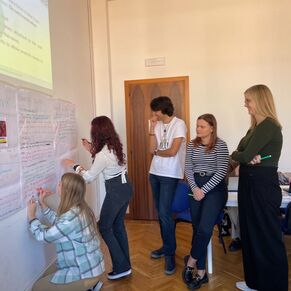
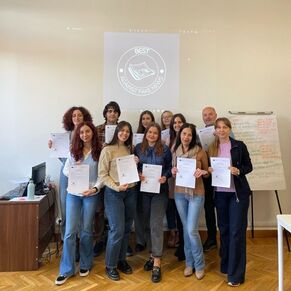
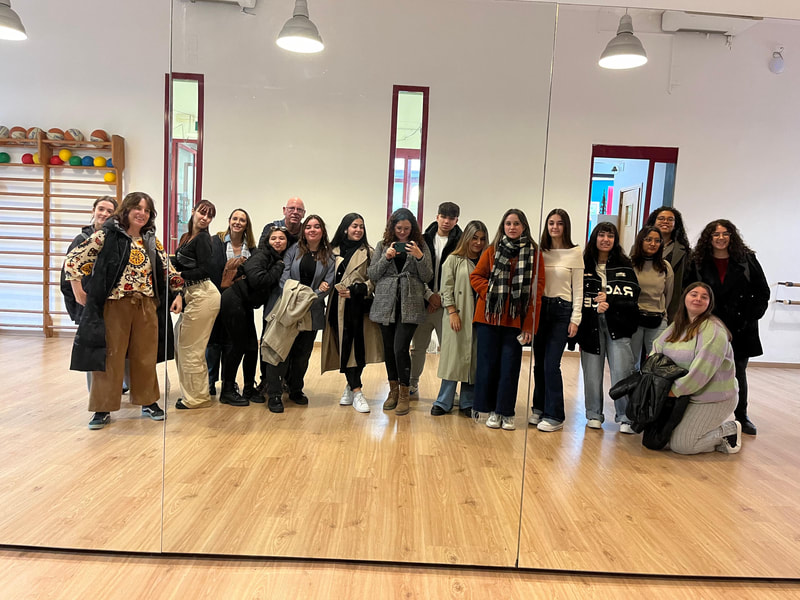
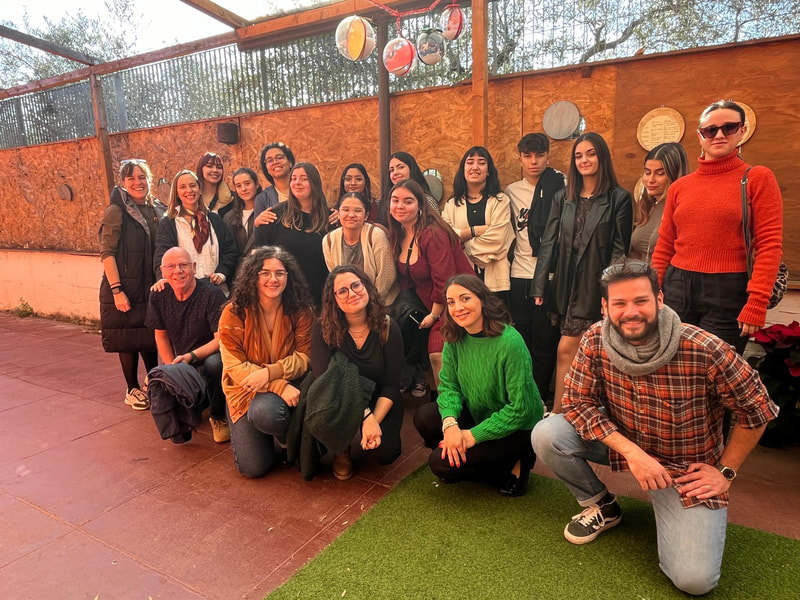
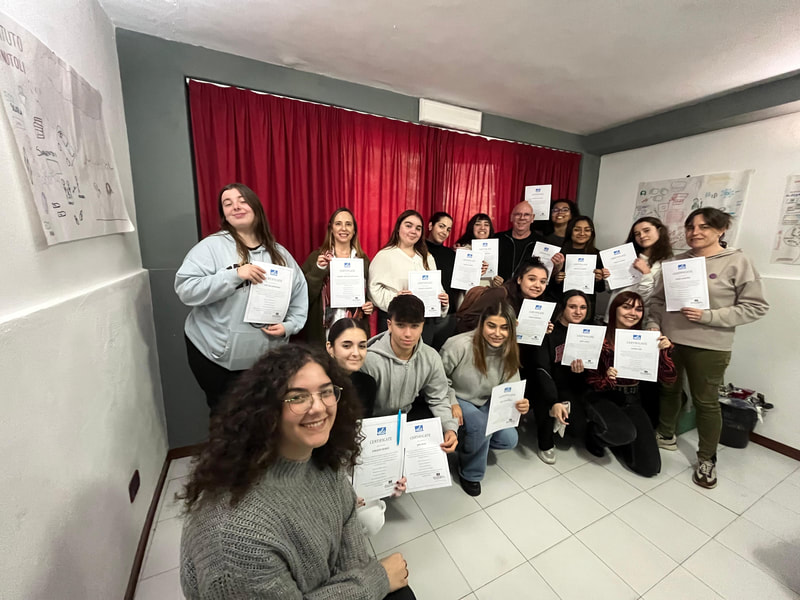
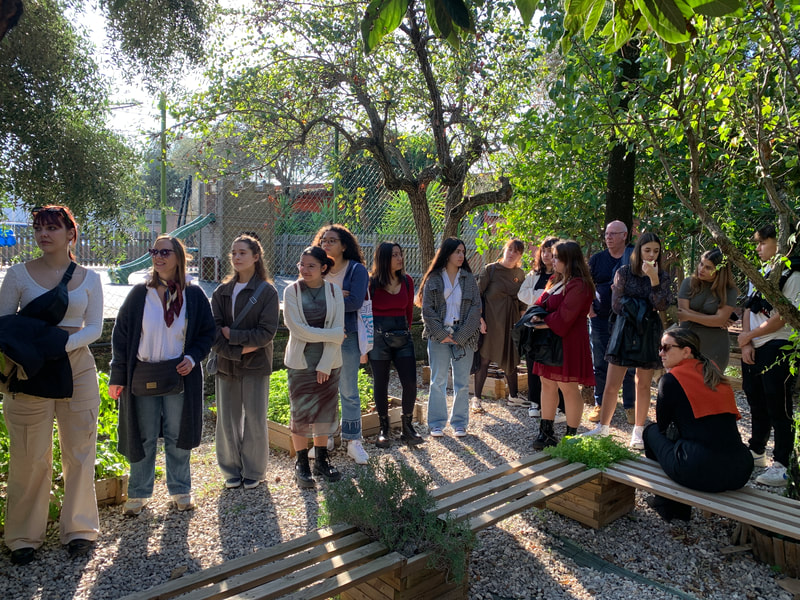
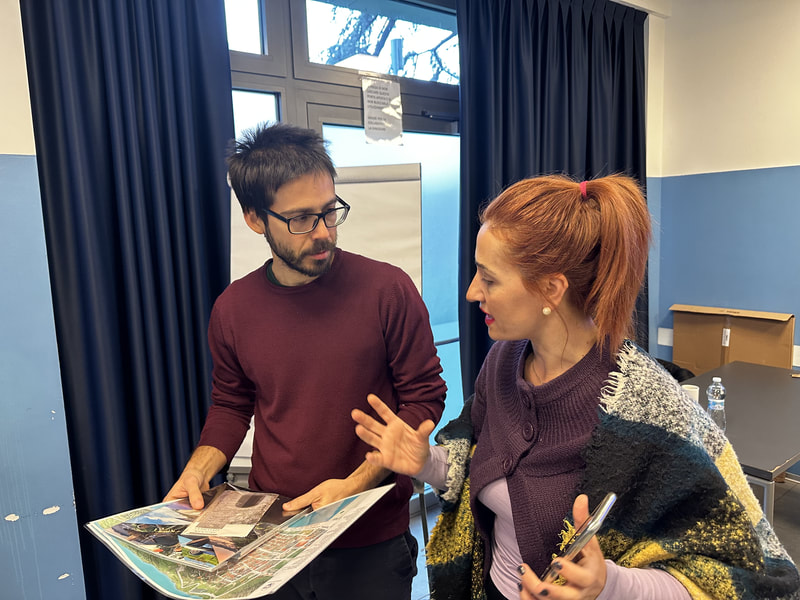
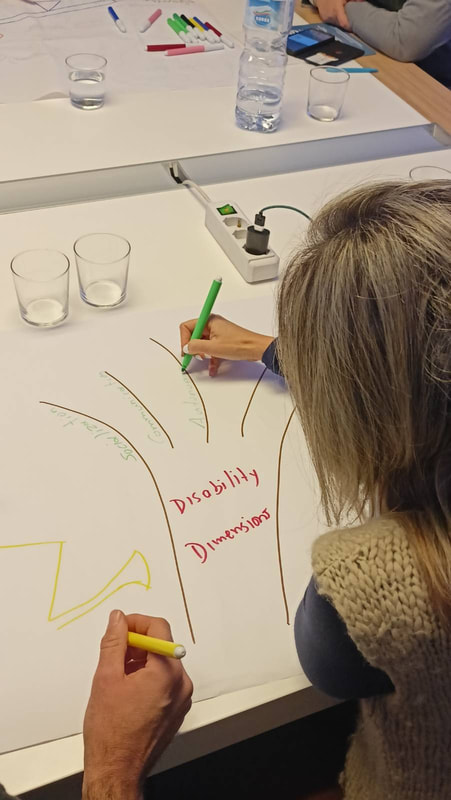
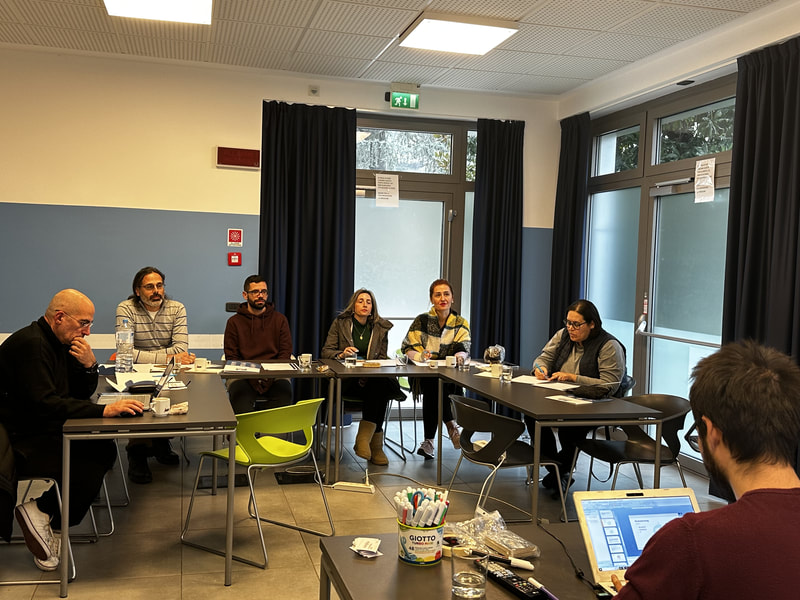
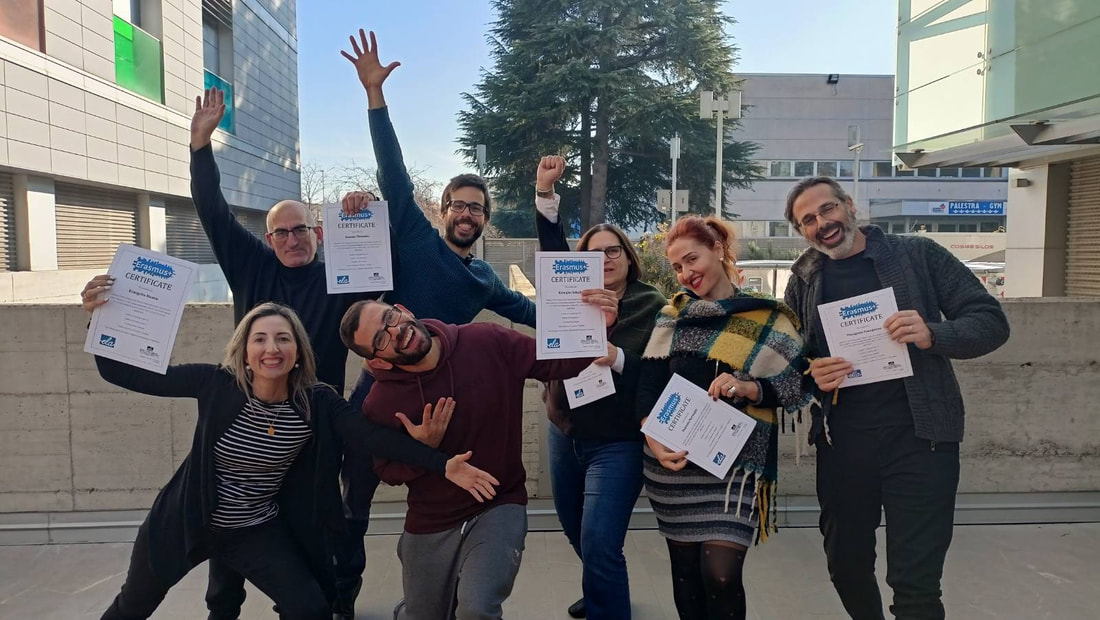
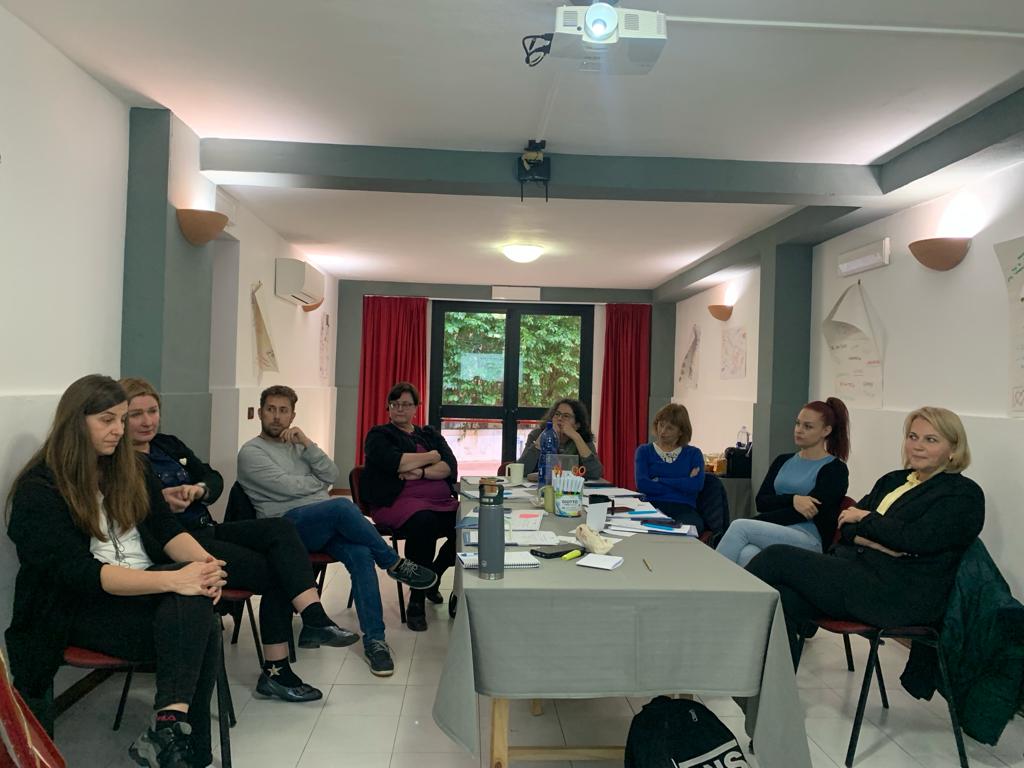
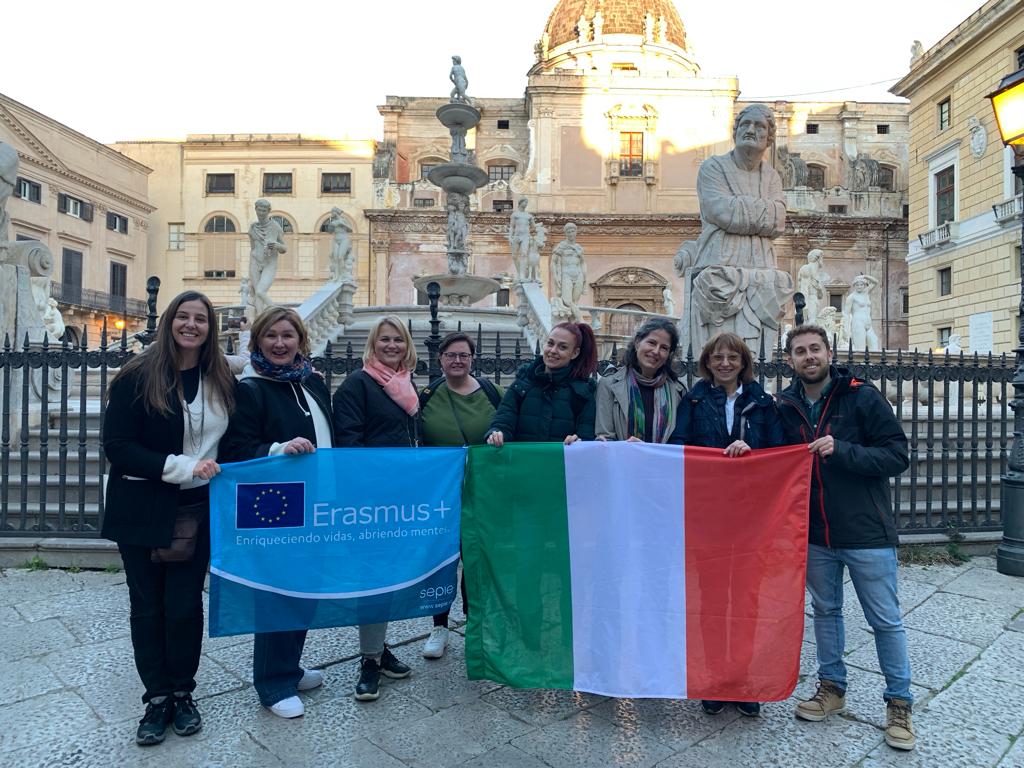
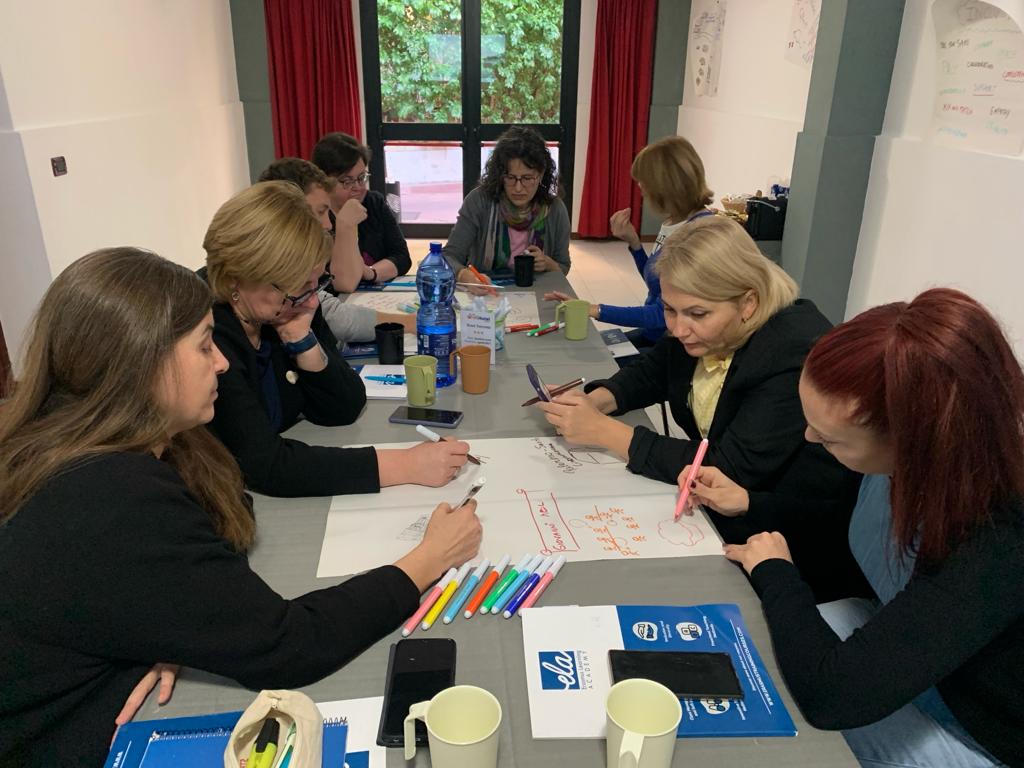
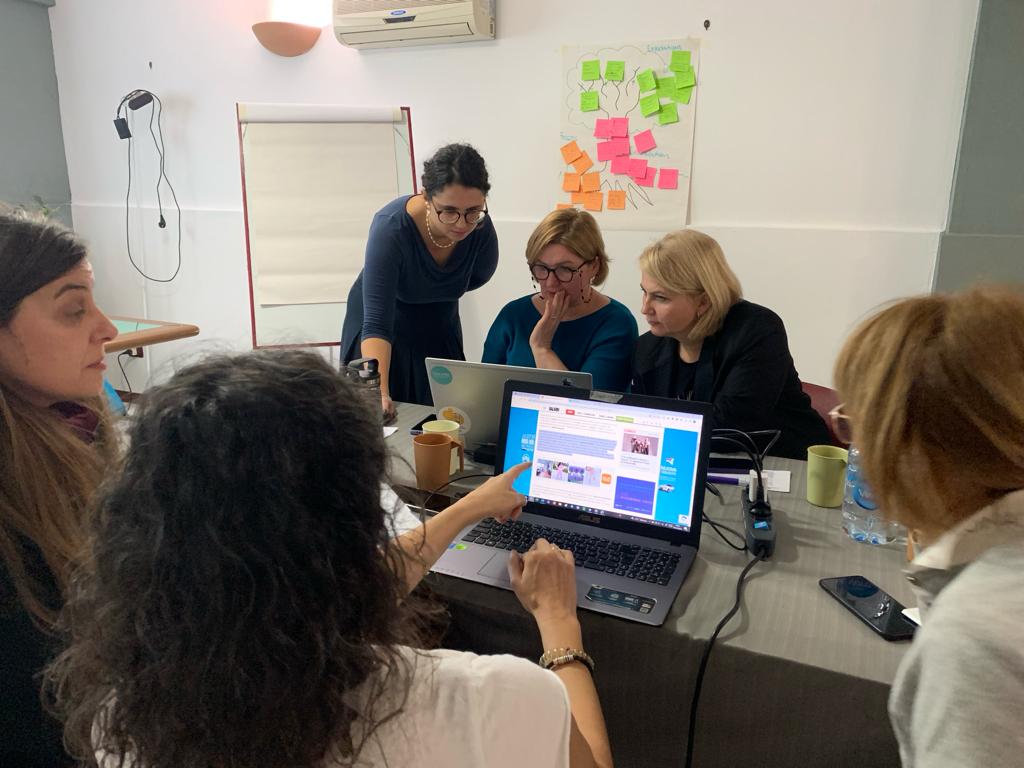
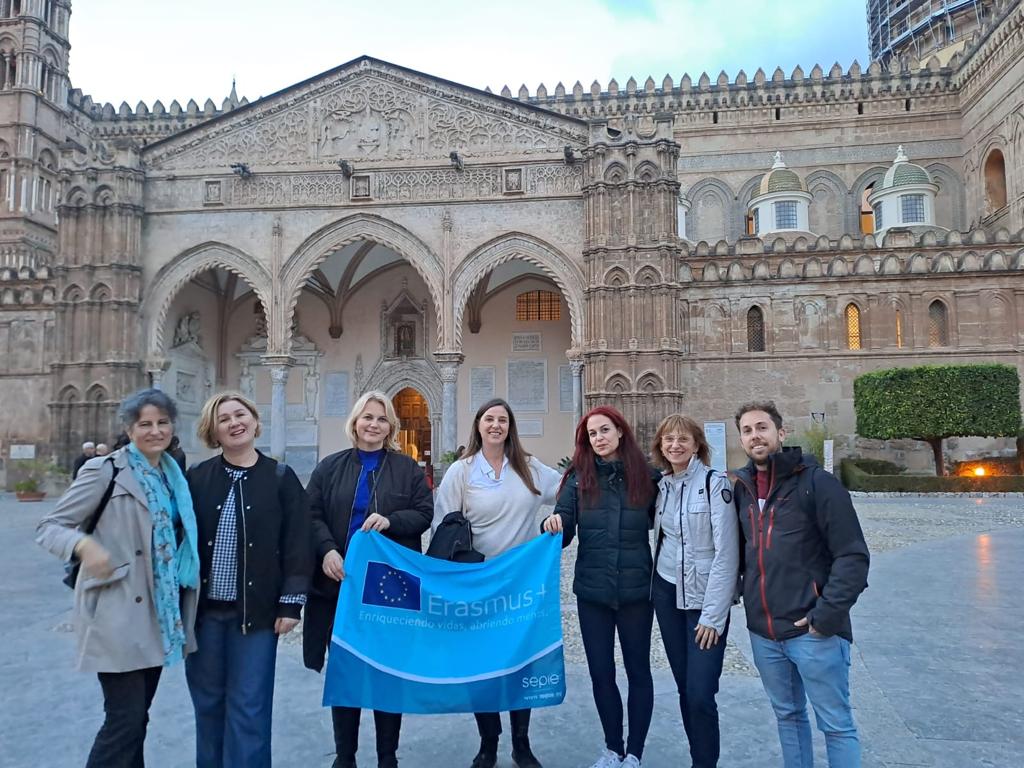
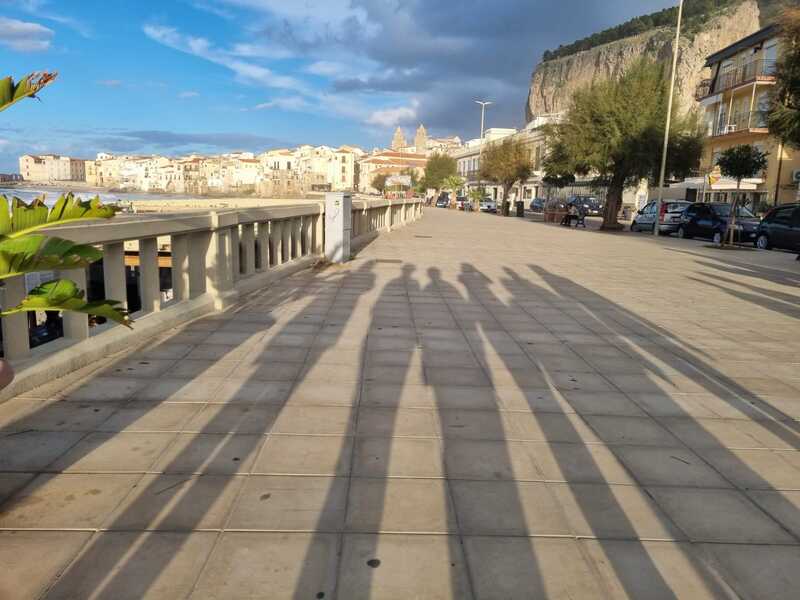
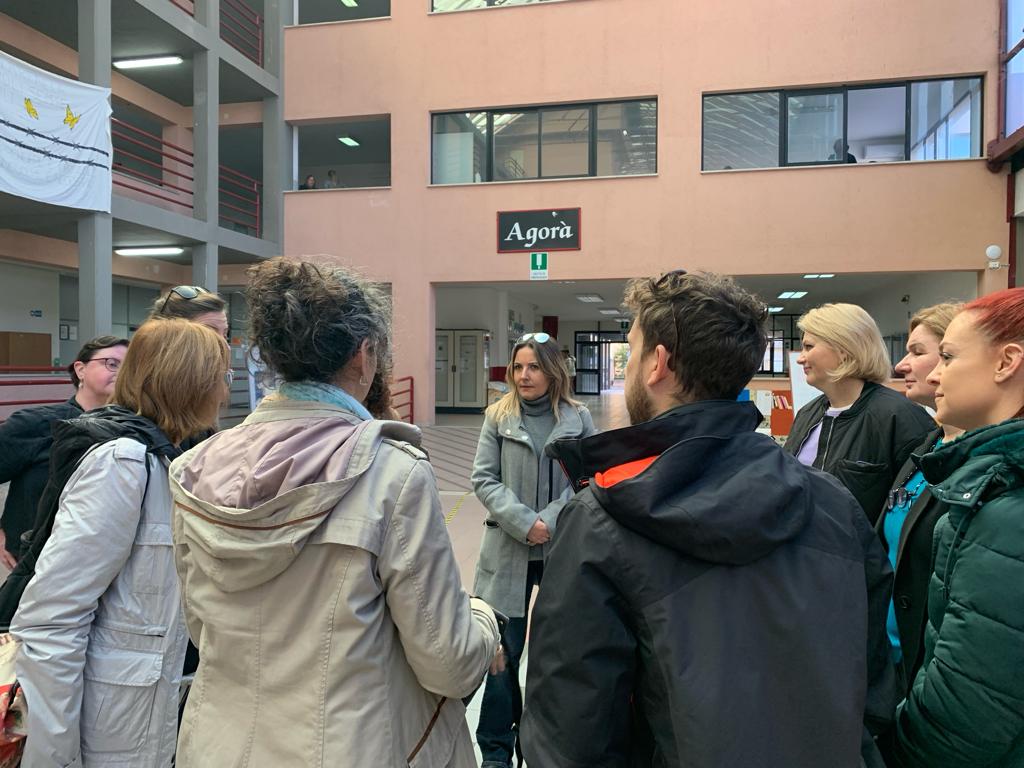
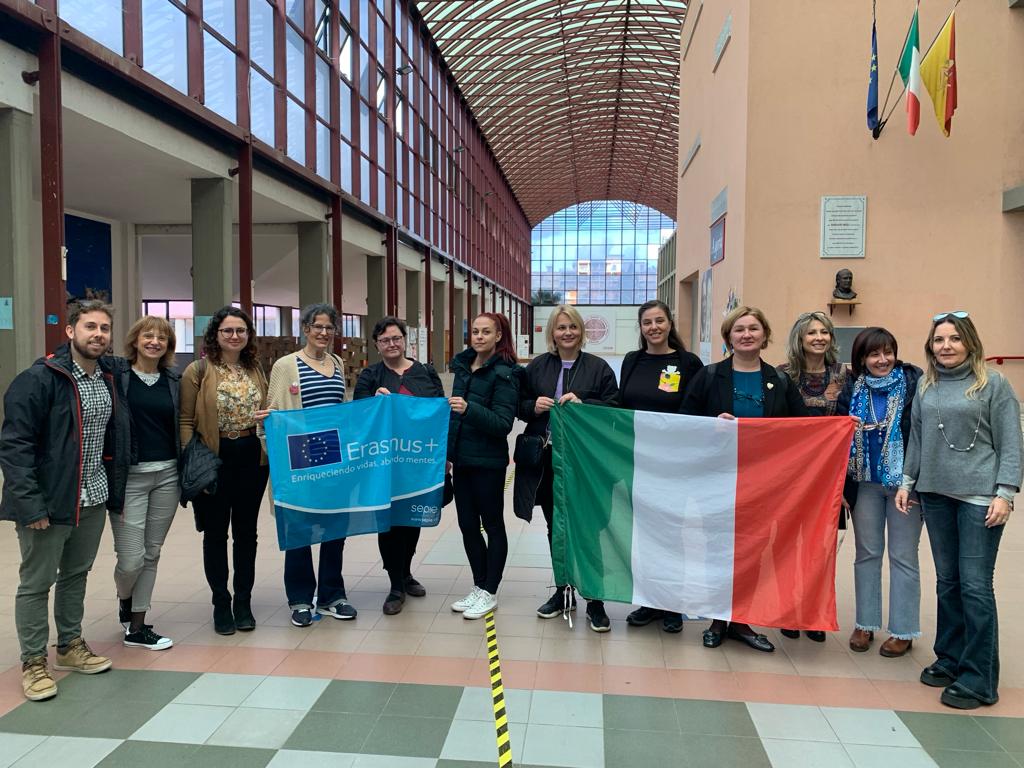
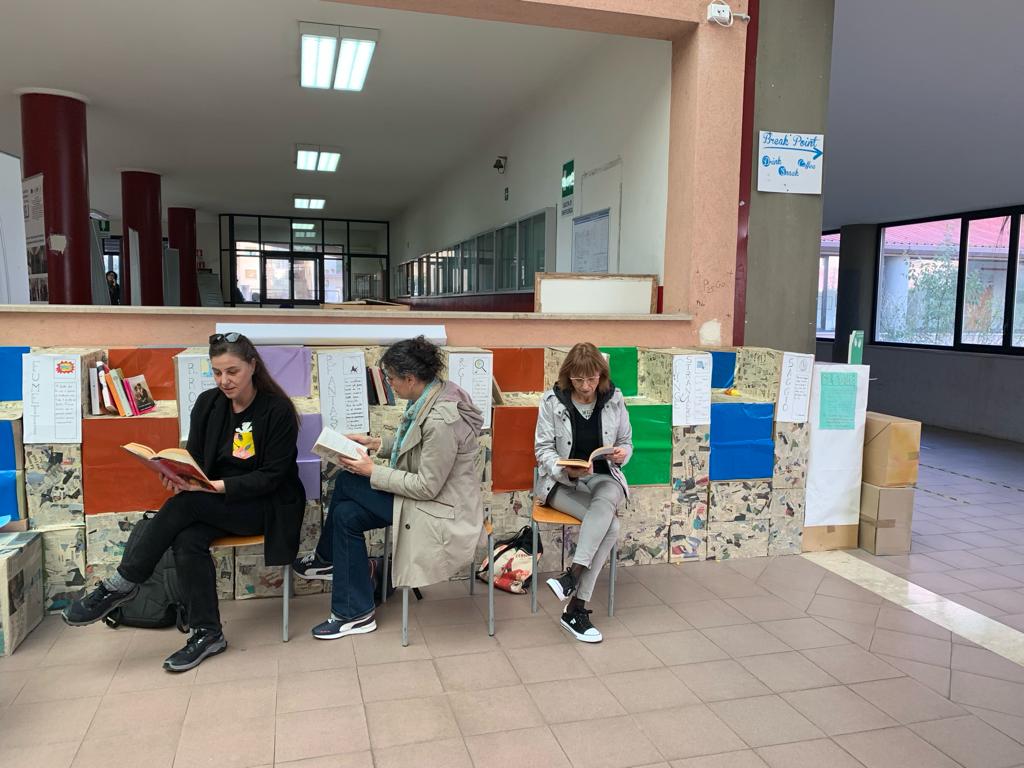
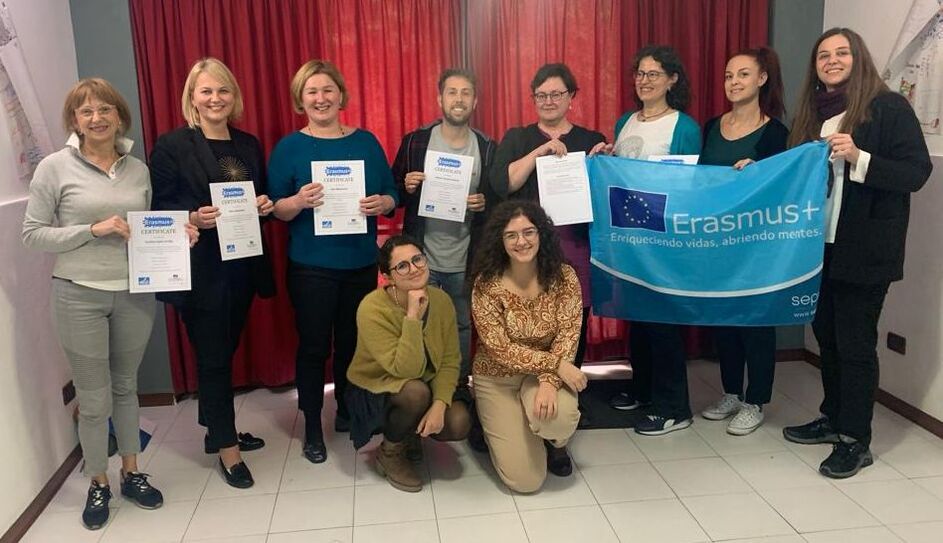
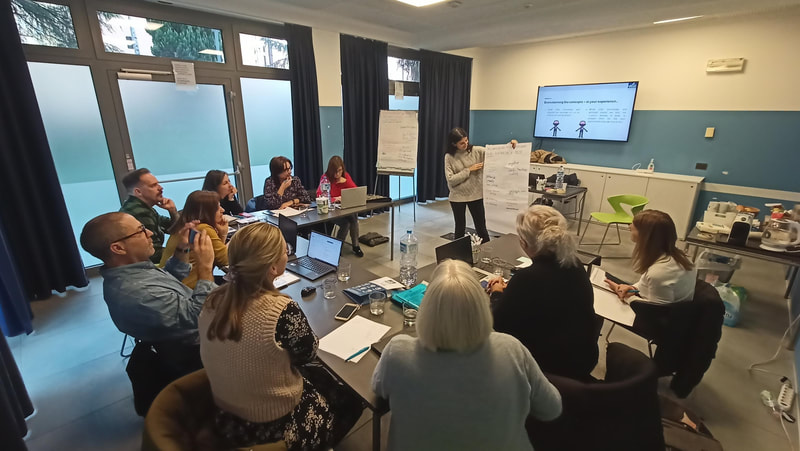
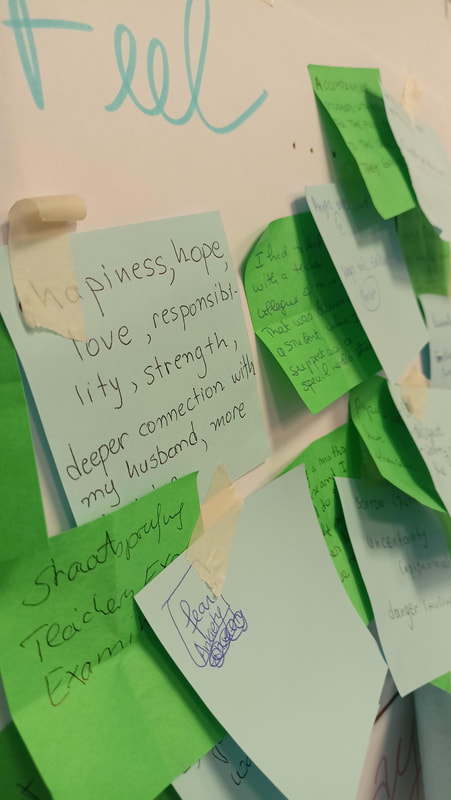
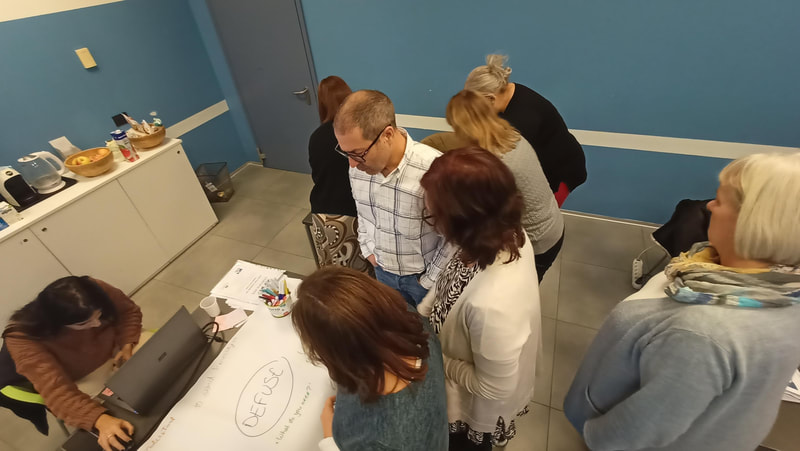
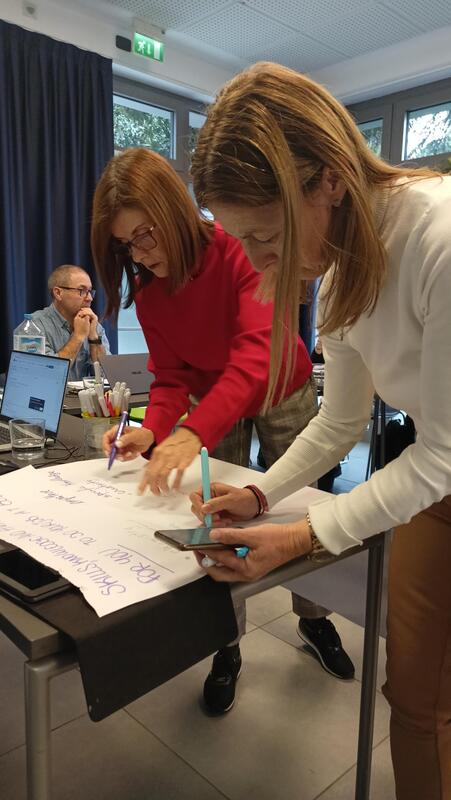
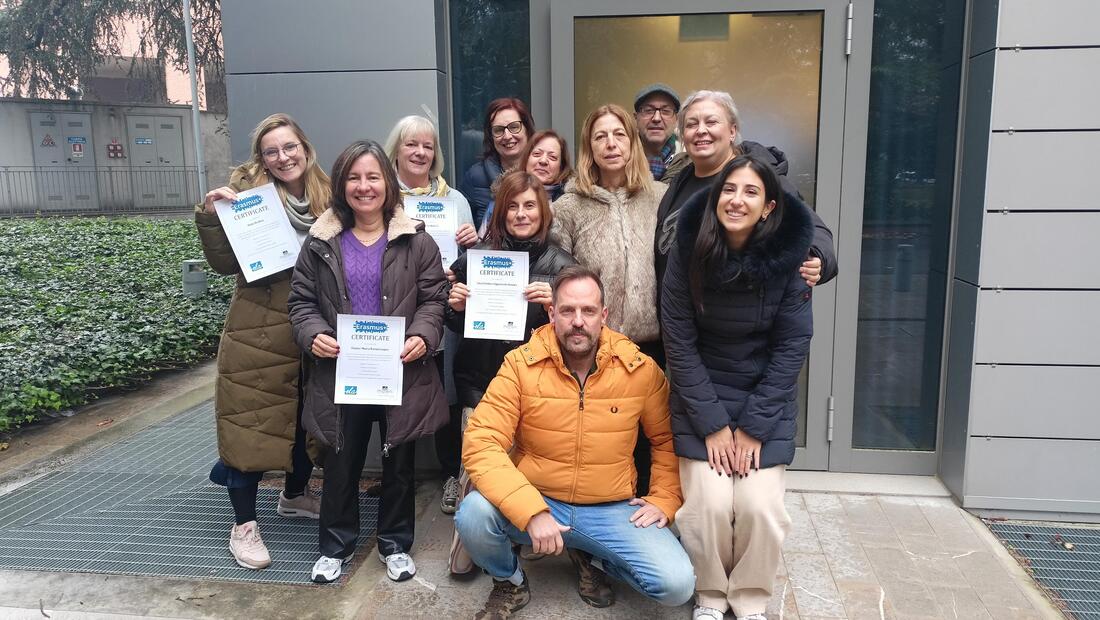
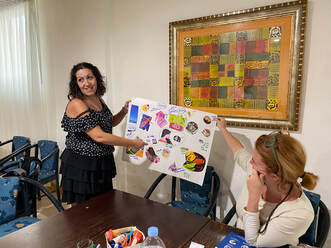
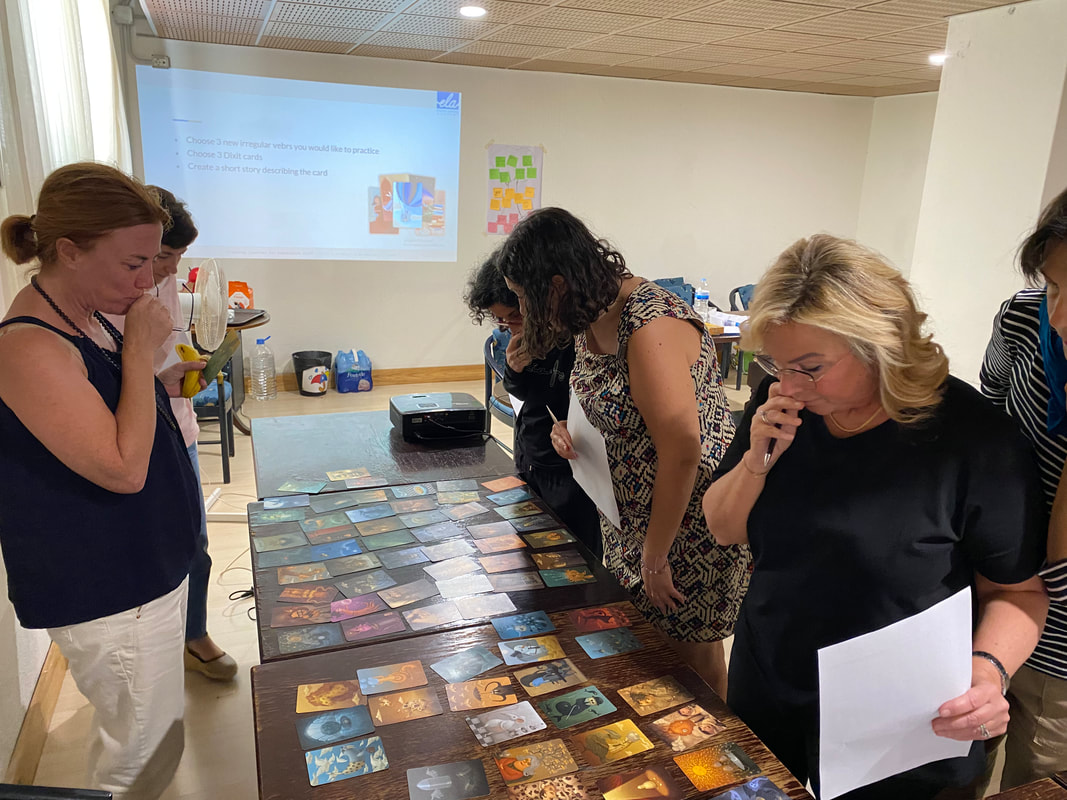
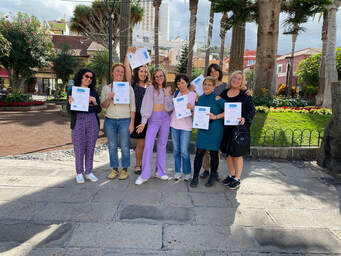
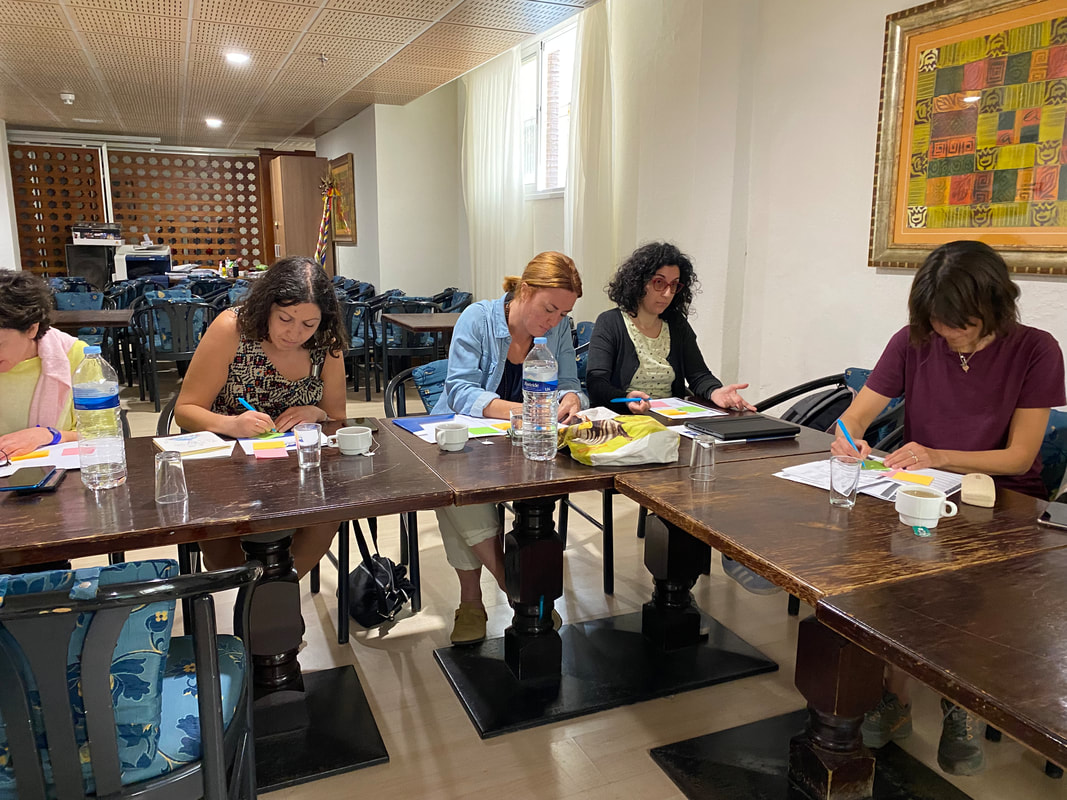
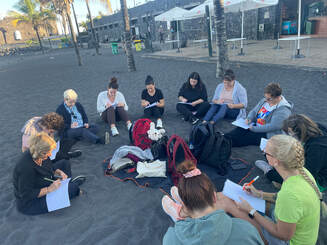
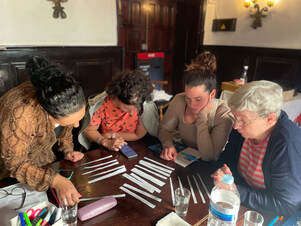
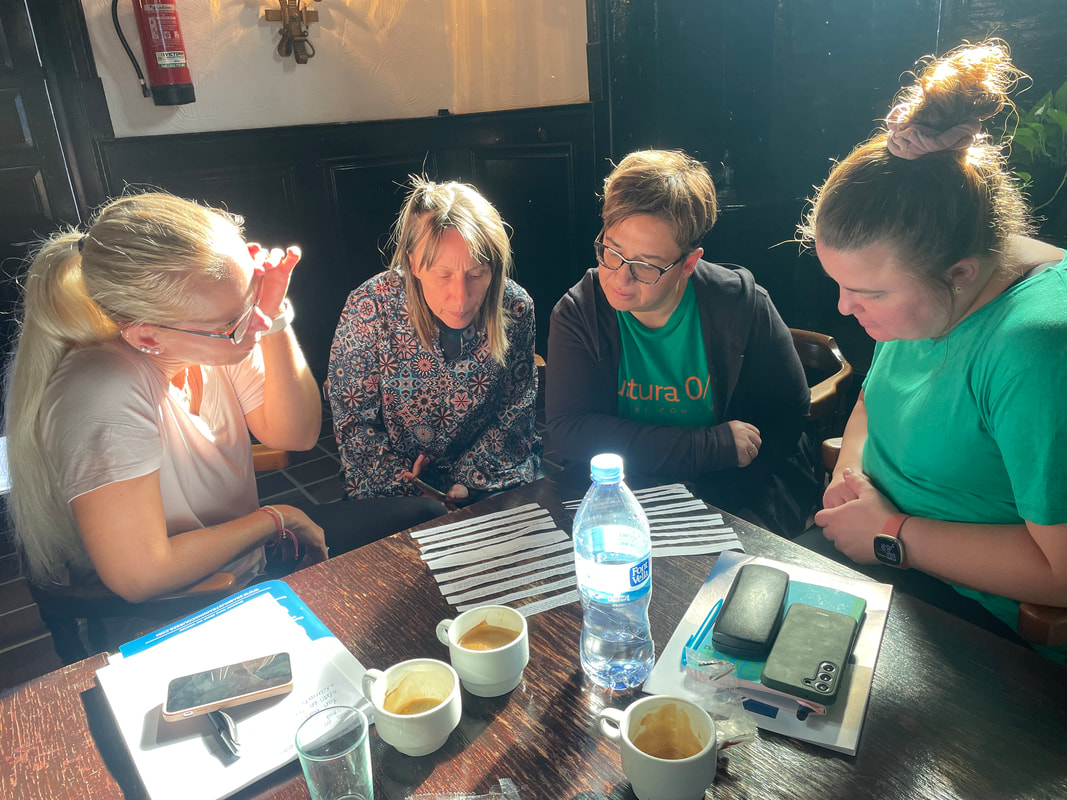
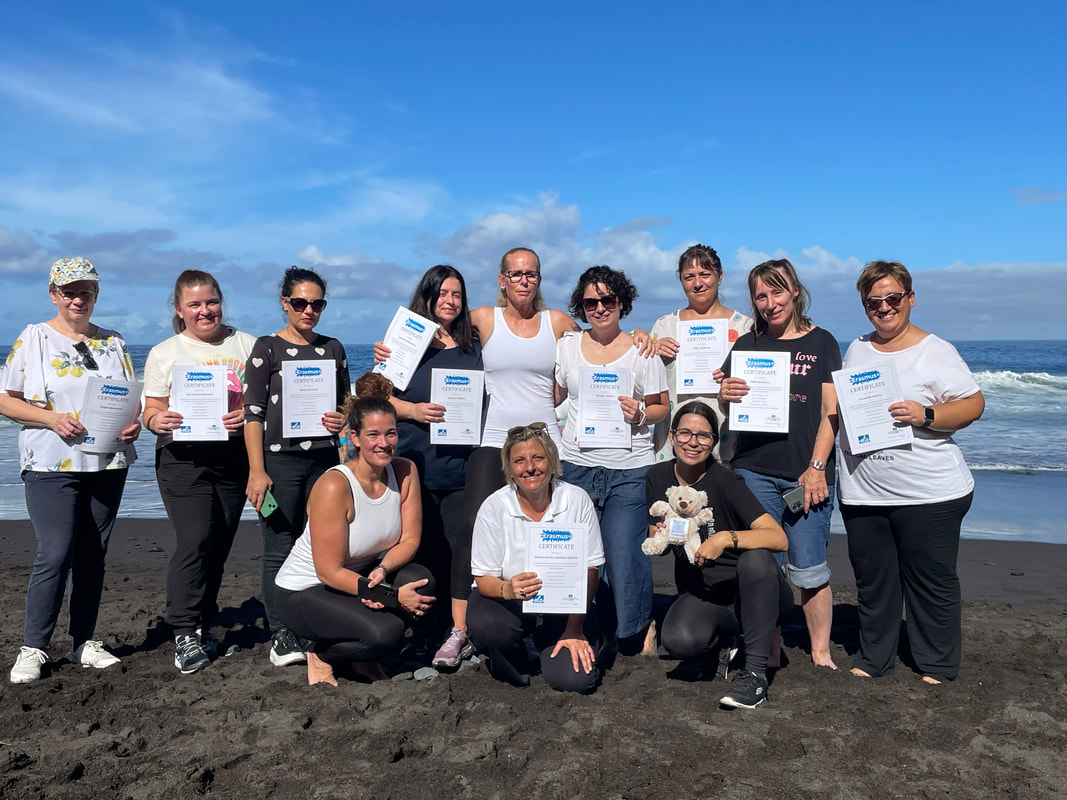
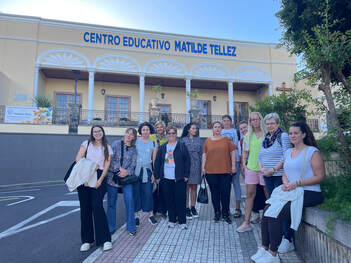
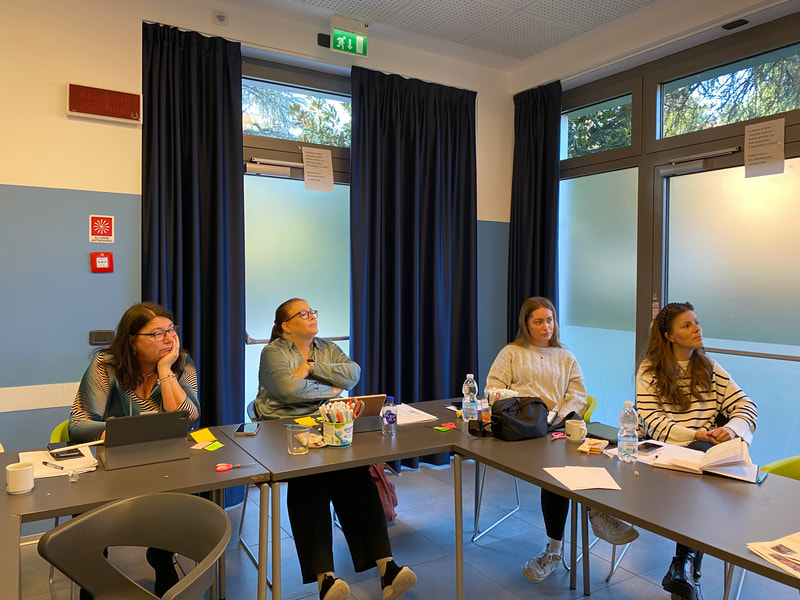
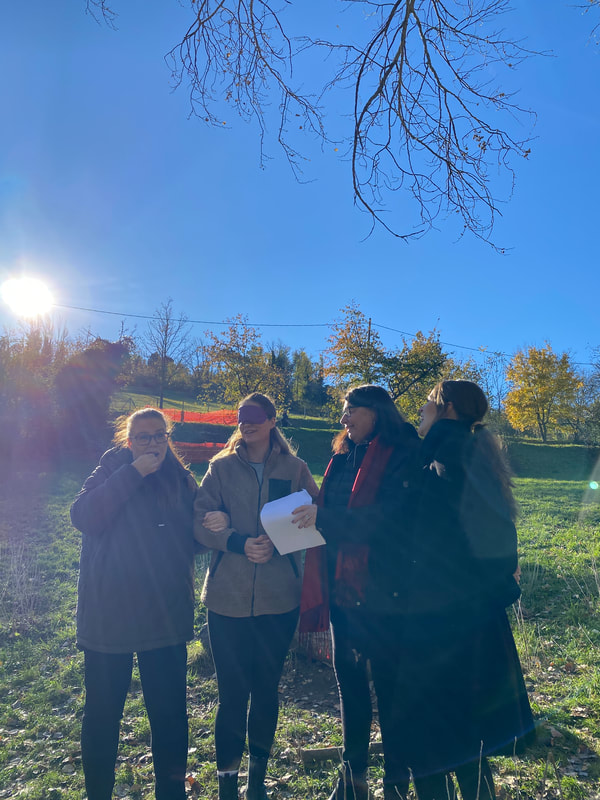
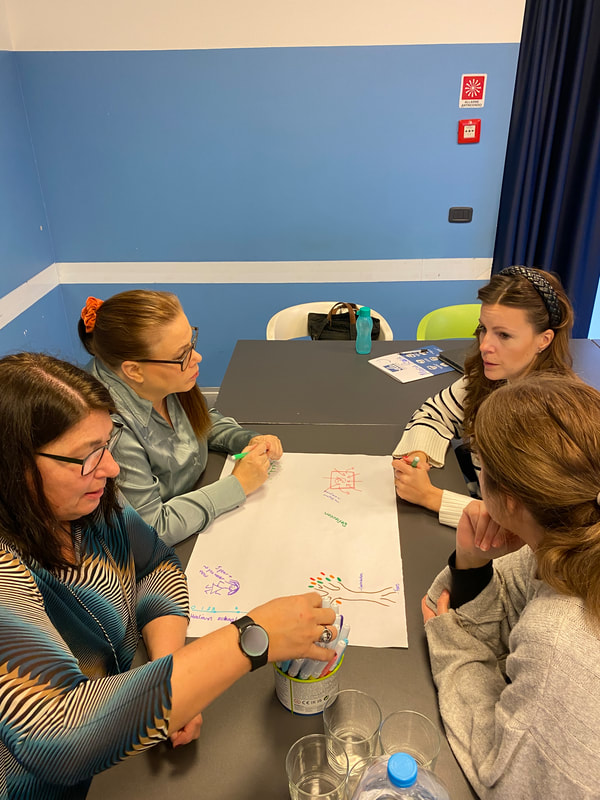
 RSS Feed
RSS Feed









